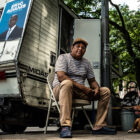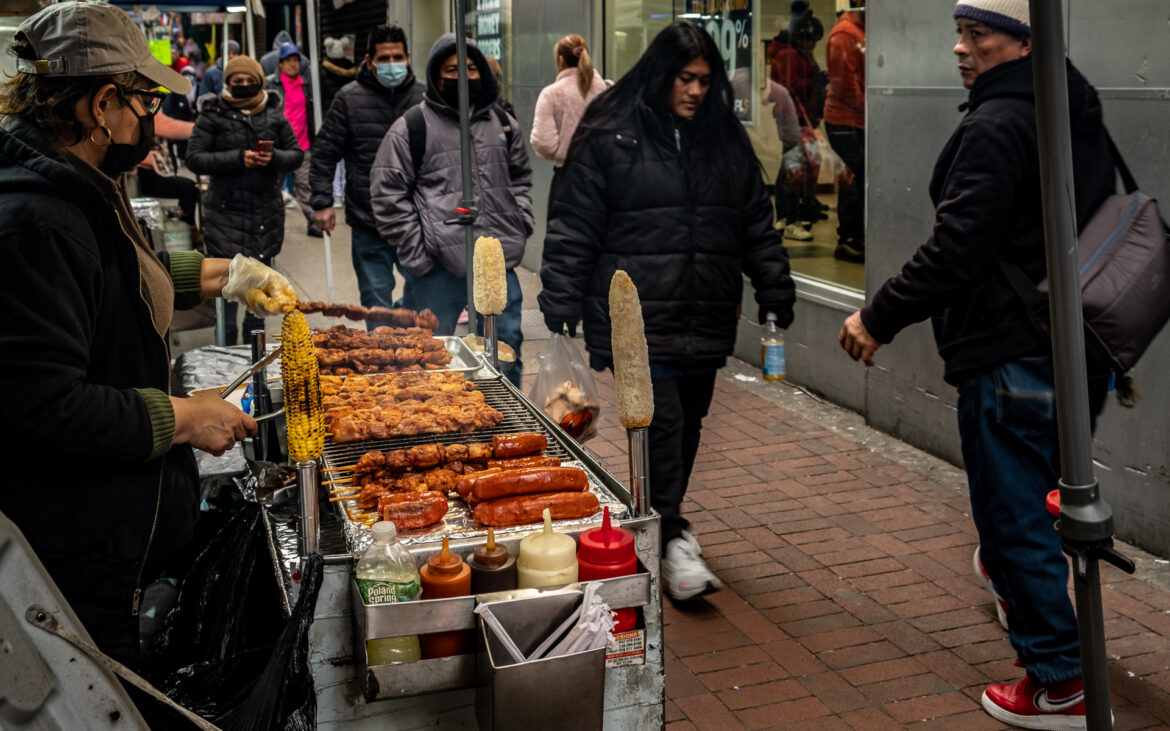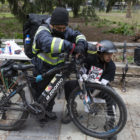Economy
¿Cómo se organizó la primera asociación de vendedores ambulantes en la plaza Corona?
Daniel Parra |
En 2021 el Concejo de la Ciudad aprobó una ley que debía ampliar el número de permisos a vendedores, pero un retraso de más de seis meses del Departamento de Salud e Higiene Mental no ha permitido que se asignen estos permisos prometidos. Poco después del retraso administrativo, un grupo de vendedores ambulantes formó la primera Asociación de Vendedores Ambulantes en la plaza Corona, en Queens, Nueva York.













